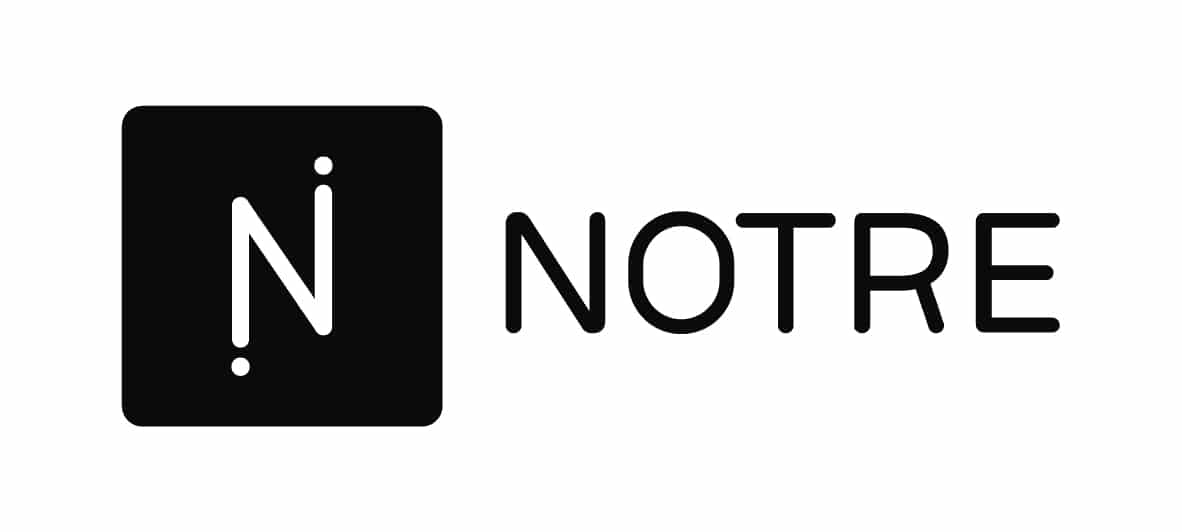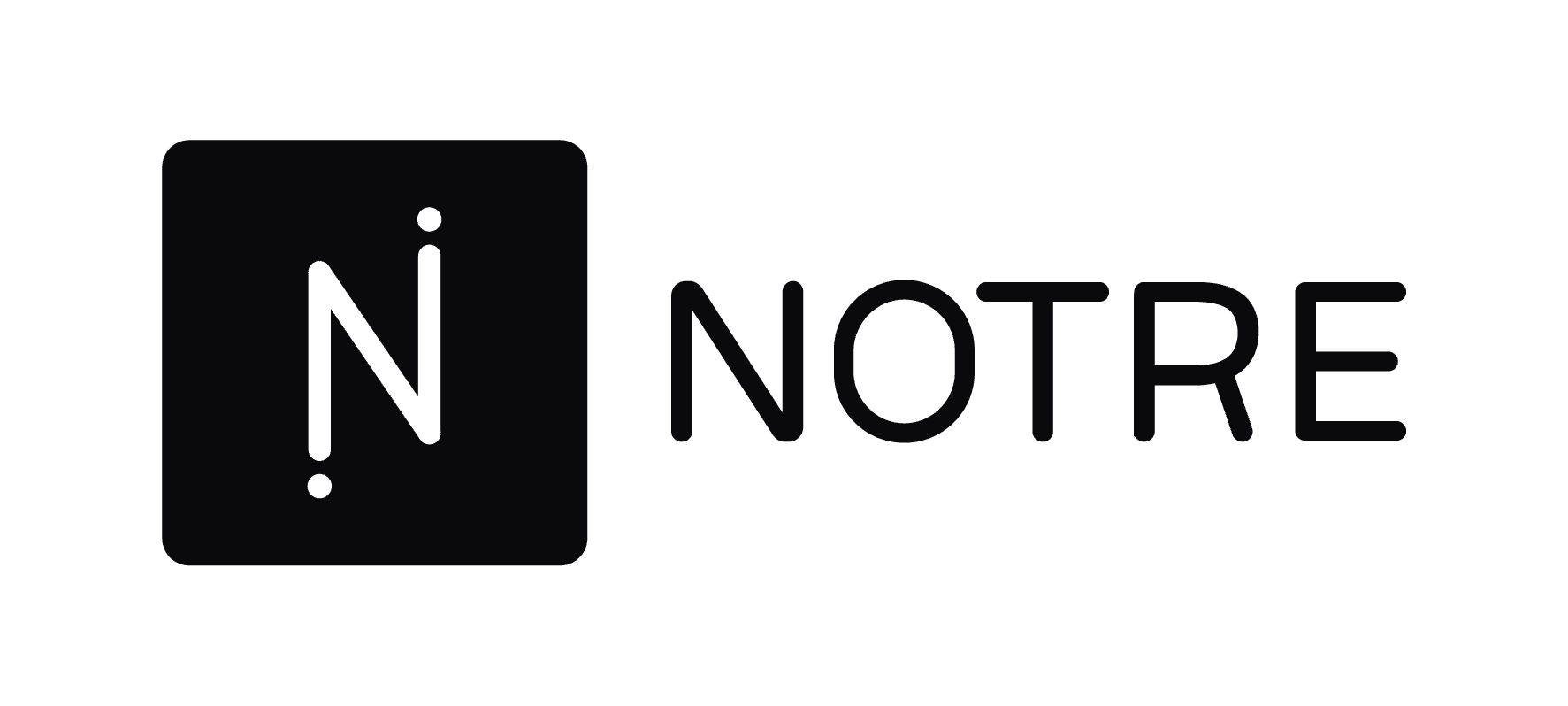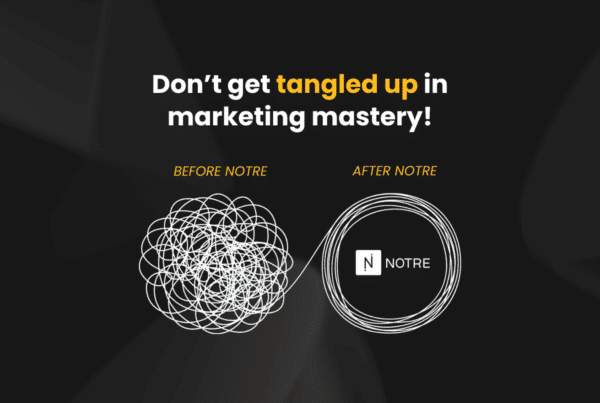The ability to concentrate is important in order to achieve excellence. Targeted methods, such as to-do lists, schedules, and calendar reminders, help people stay on tasks he has to do. However, over-focusing depletes energy and reduces self-control. Working at a computer five days a week requires a lot of effort not only for the eyes, but also for the brain and the whole body. Excessive concentration and constant tension in the daily work quickly leads to amused decisions and unproductive work. So what is the secret of productivity?
According to recent research, both concentration and disconnection are vital processes. The brain works optimally when there is a shift between focus and disconnection. In that way, you develop endurance, creativity and are able to make the best decisions.
Energy flow and switching
The brain works naturally at high energy for about an hour, followed by low-energy outbreaks of 15 to 20 minutes. For most of us, this natural flow of energy causes fluctuations between concentrated periods of high energy, followed by much less productive periods when we get tired and are easily distracted.
The best way to overcome exhaustion and depressed attention is to be conscious of your work day flow. Instead of working more than an hour out of place and then trying to deal with distractions and fatigue when productivity starts to fall, take it as a sign that it’s time to take a break.
We often let fatigue prevail because we continue to work long after we have already lost energy and attention. Breaks are easier to take if you know they will make your day more productive.
52 minutes of work and 17 minutes of rest
Several studies have shown that the length of the working day does not matter much when it comes to work productivity. What matters is the person’s daily routine – people who take regular breaks are much more productive than those who work long hours.
The ideal work-to-break ratio is 52 minutes of work, followed by 17 minutes of rest.
Studies show that people who maintain such a regime show unique work results. After taking a break for about an hour, they were able to focus 100% on their task.
A complete break
In order to improve productivity, it is important to move away from your computer, phone, and task list. Breaks, such as walking, reading and a talk with colleagues, are the most effective ways to charge energy back up, as they allow you to completely disconnect from work. On a busy day, it can be tempting to read emails or make necessary calls and count that as a break, but it is not. Make time for your break even on a busy day, because the results are guaranteed:
- Something beats nothing: 5-10 minutes micro breaks are better than working without breaks.
- Take a break fully : Be 100% faithful to your break. Throw aside multi-tasking and leave the phone on the table.
- Moving is better than sitting: a walk of at least 5 minutes every hour increases energy levels, sharpens focus, improves mood throughout the day and reduces the feeling of tiredness in the late afternoon.
- Few and often outperform many and rarely: micro breaks are more effective than a single 30-minute break.
- Socializing beats loneliness: although time alone is good, a break with the people we like is even better.
- Nature better than inside: even if break is only 5 minutes, a shorter break in nature is better than a longer break indoors.
Breaks in real practice
Although sharing tips is easy, they are not always so easy to follow. Also with us in the digital content agency Notre-do list is longer than the allocated hours. As far as we know, this is unfortunately the case in almost all companies, because often, when asked about the desired deadline for new tasks, we receive the answer “should have been yesterday”. That is why, from the very beginning of our work, for many, the word ‘break’ is the friend we forget, which we neglect because there is simply no time.
However, the evidence speaks for itself – regular breaks can bring new and much better results, so we encourage you to work on assigning value to a break from the very foundations of the company – the company’s work culture!








